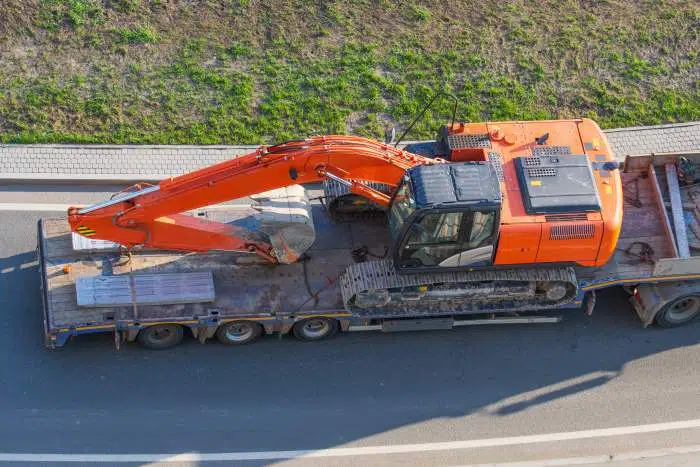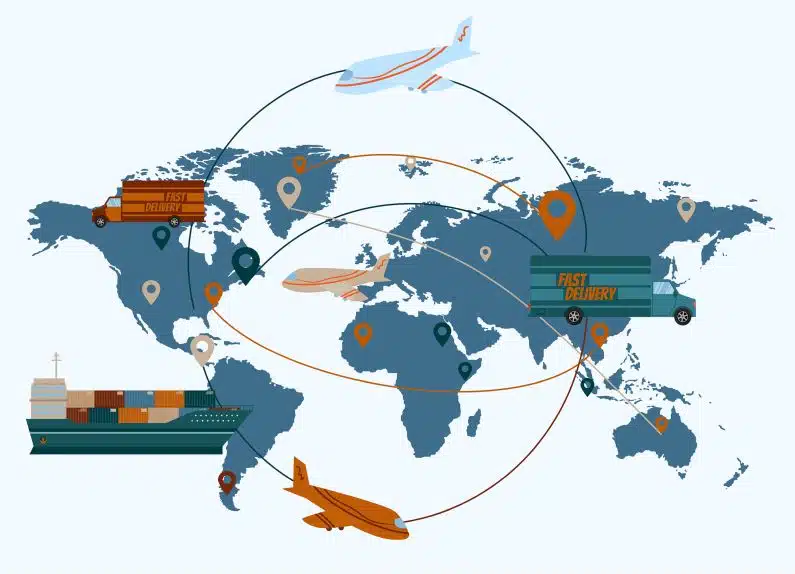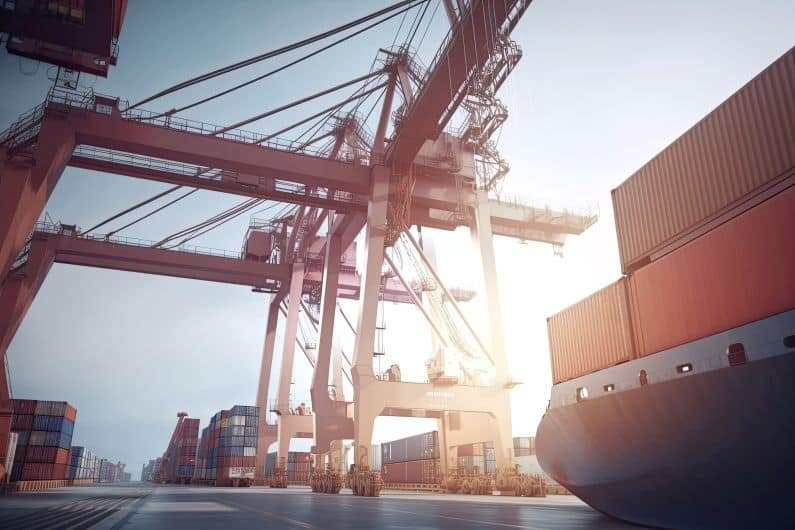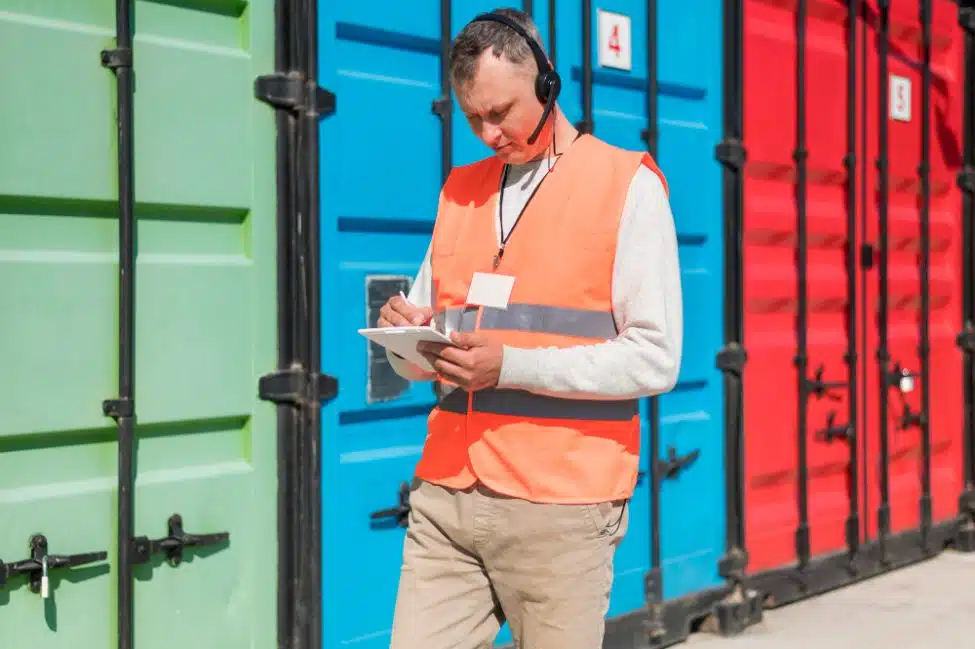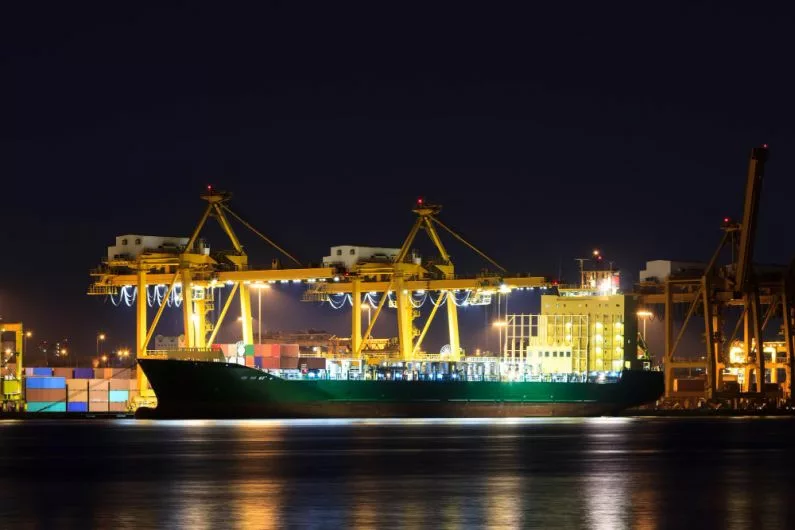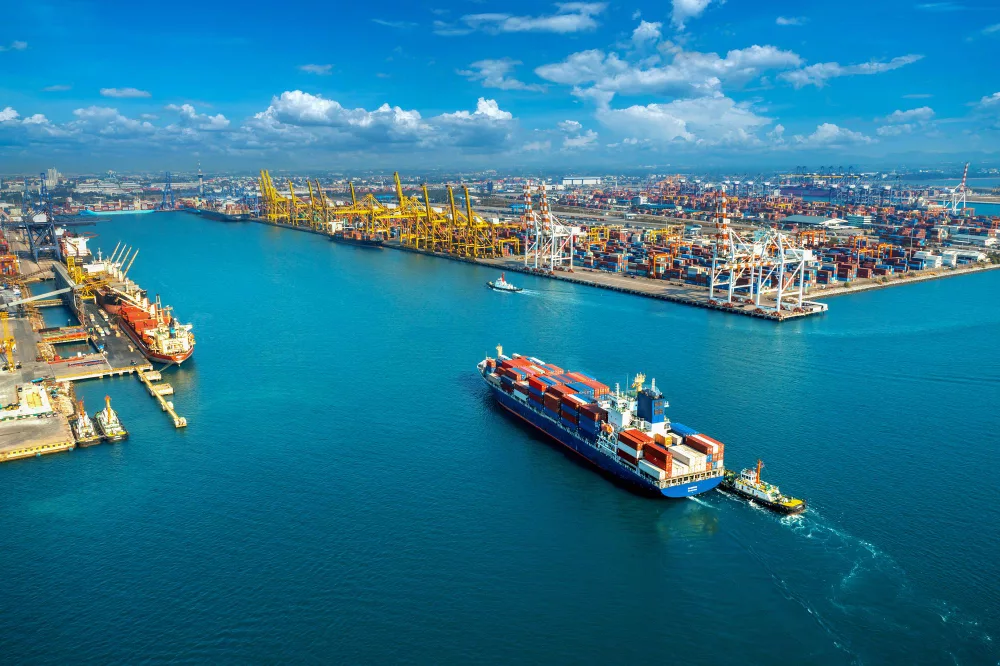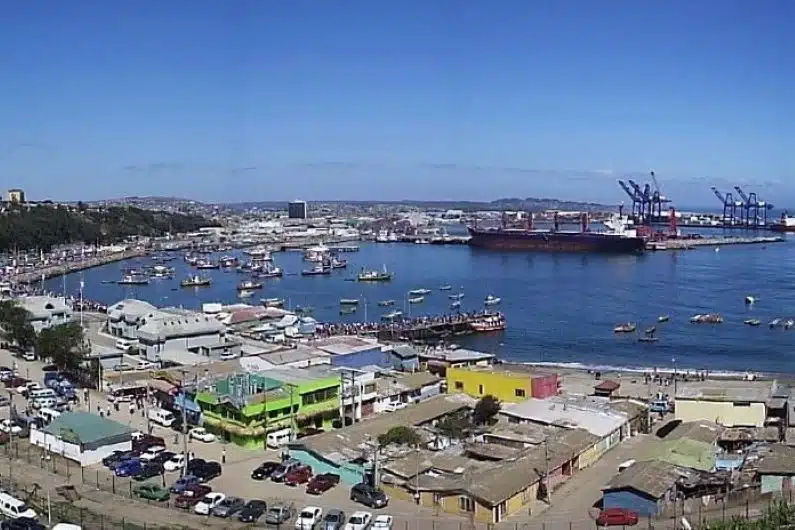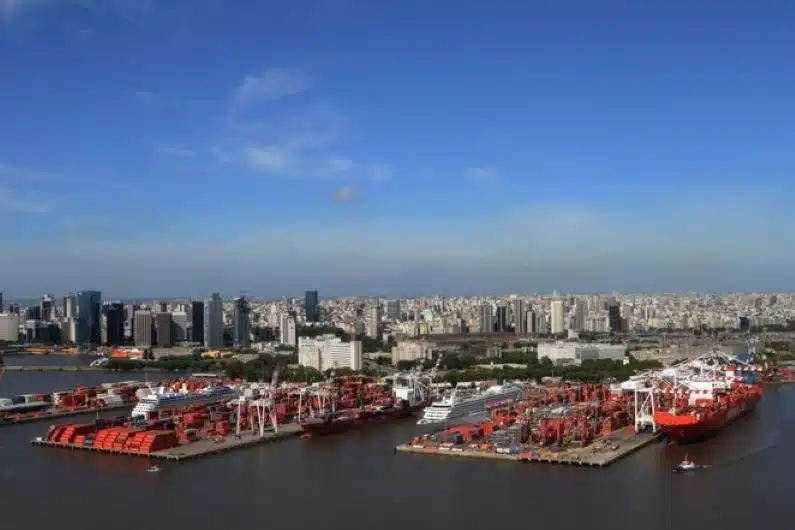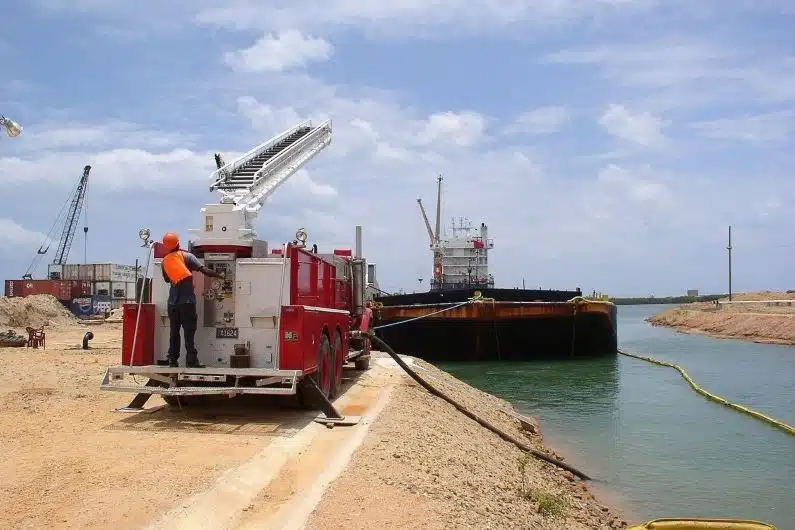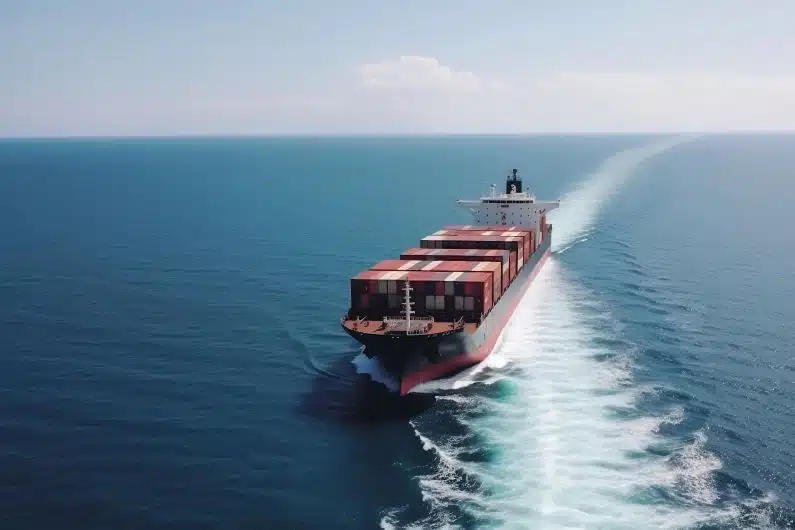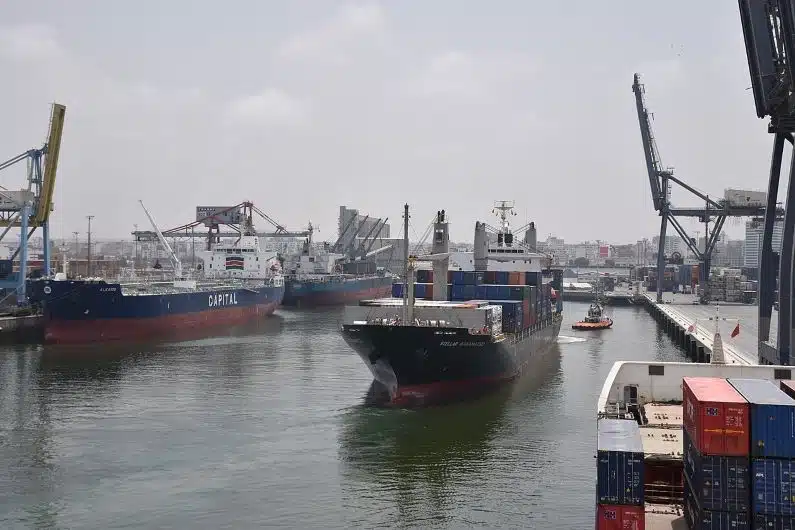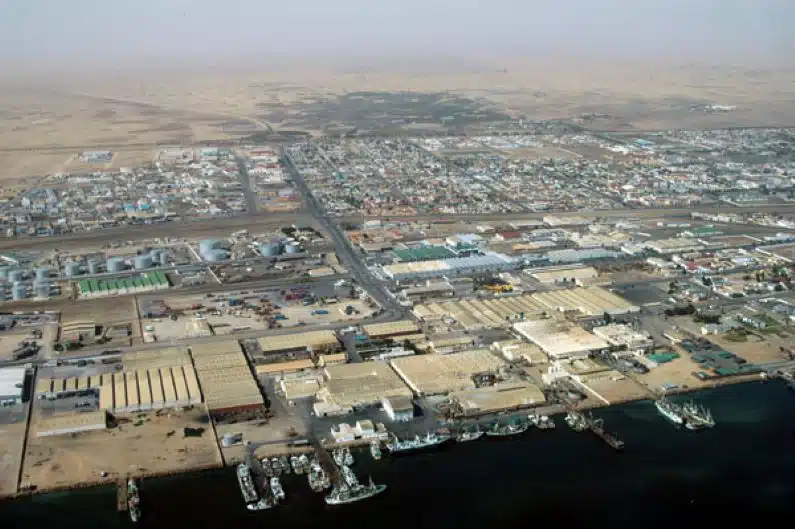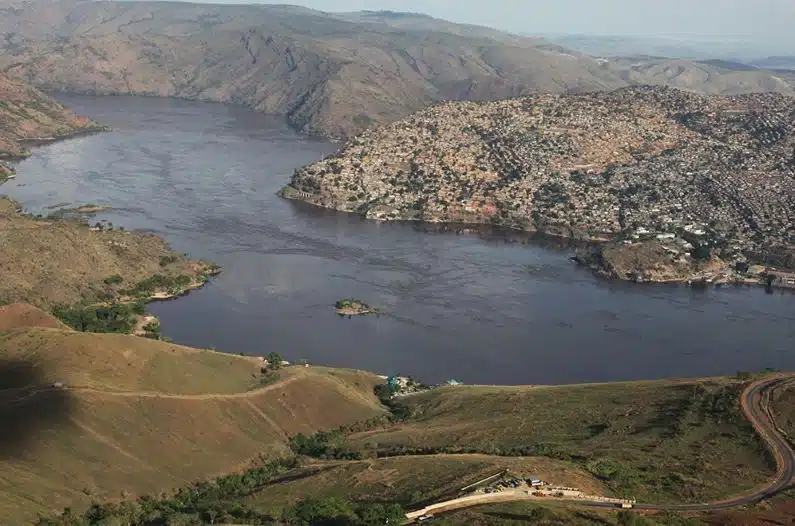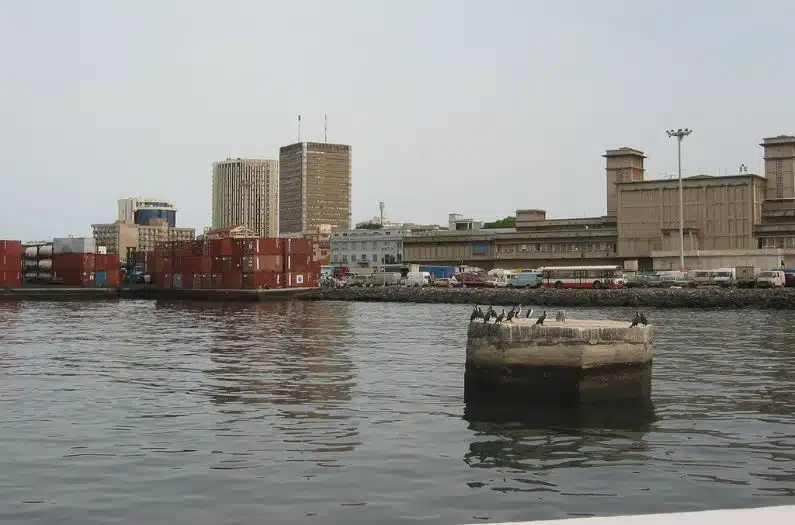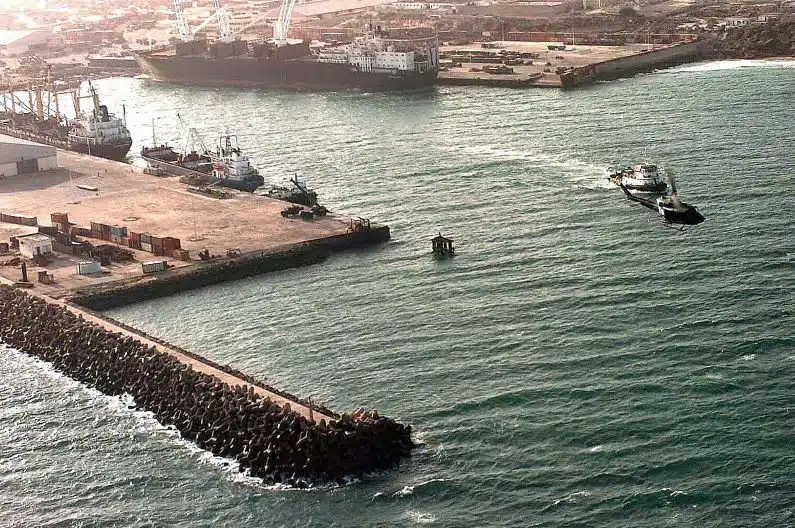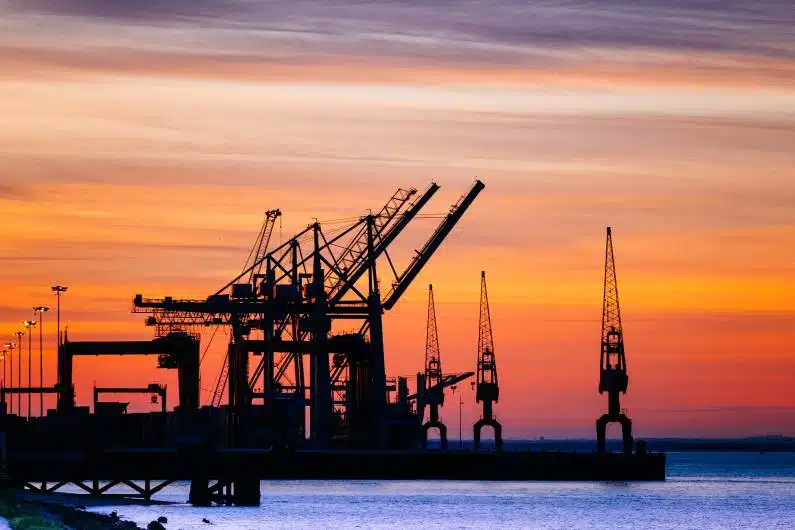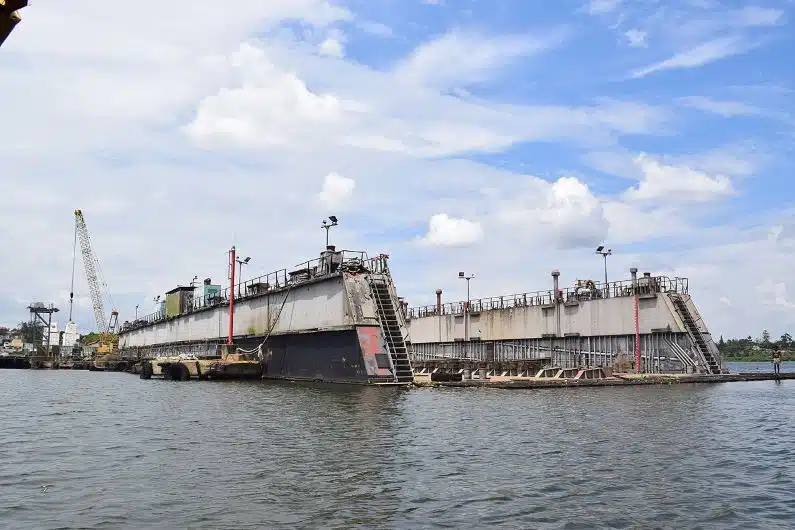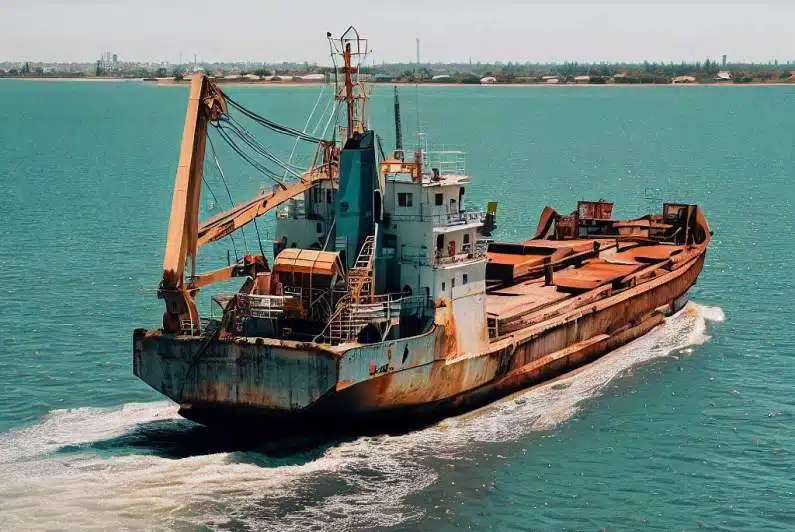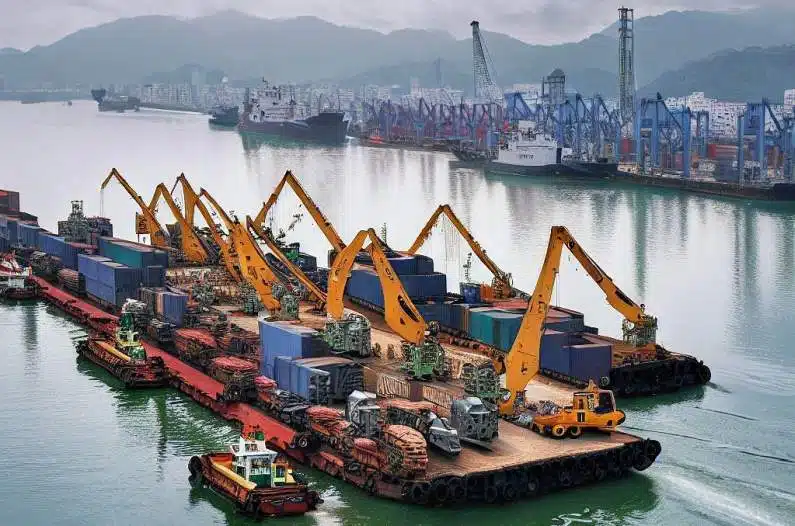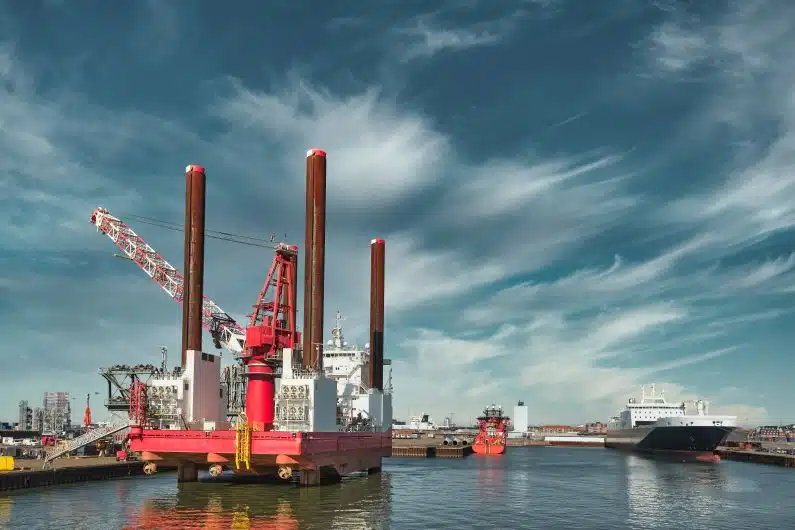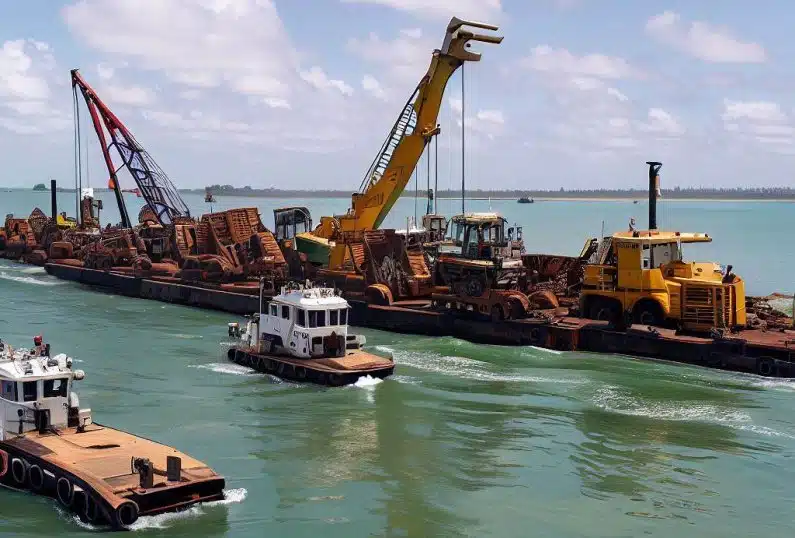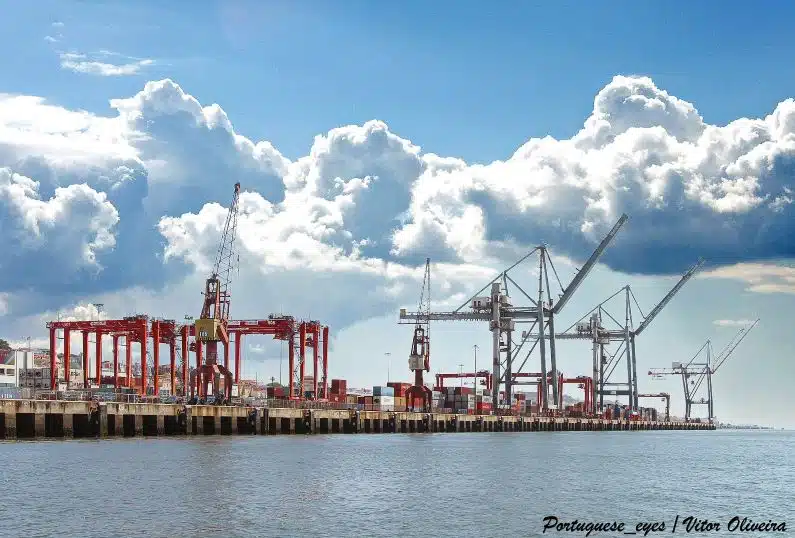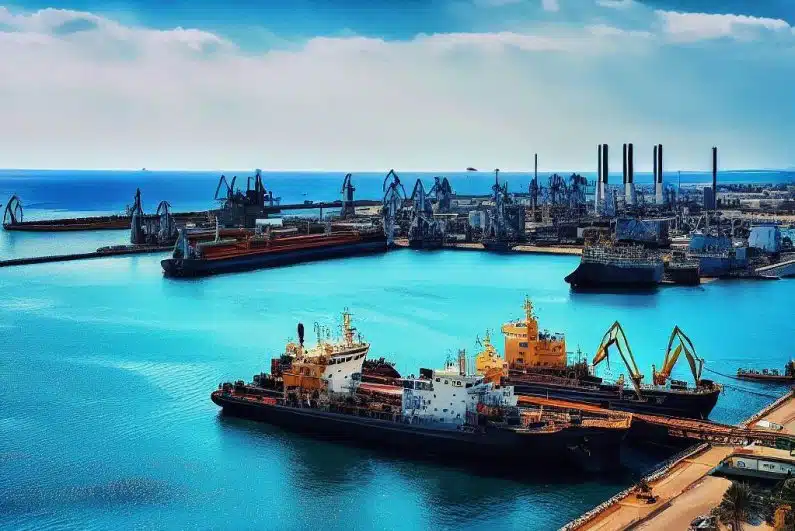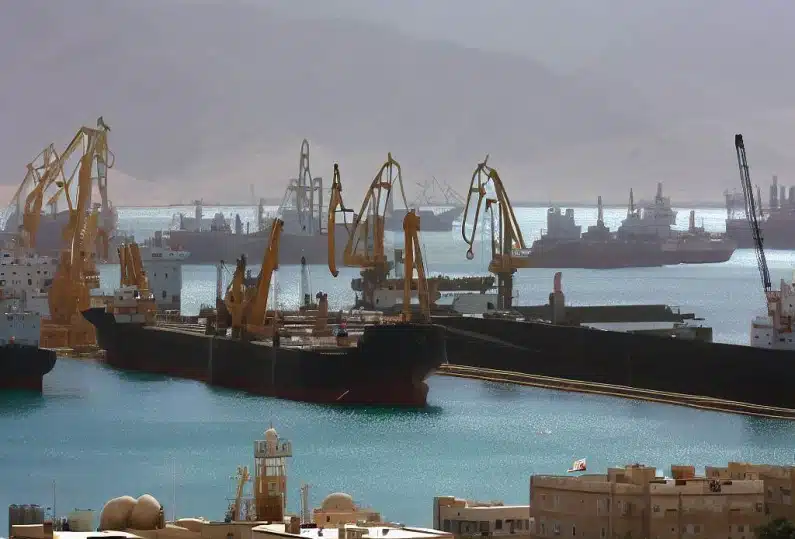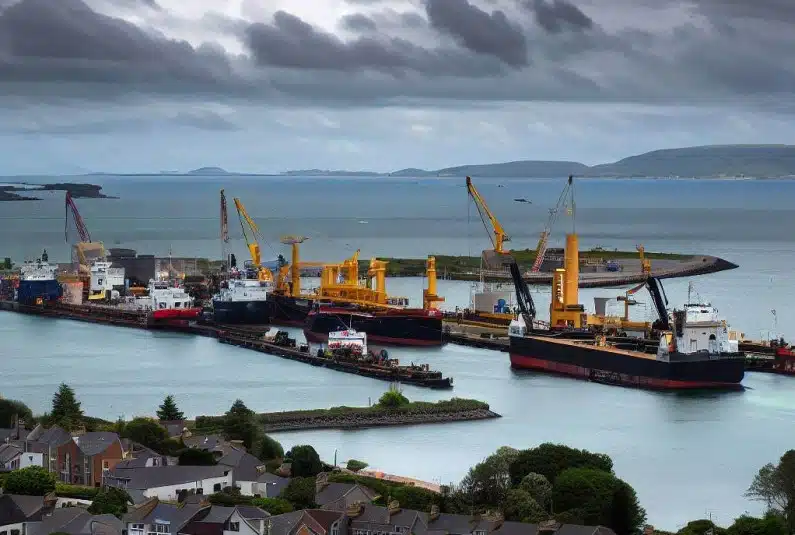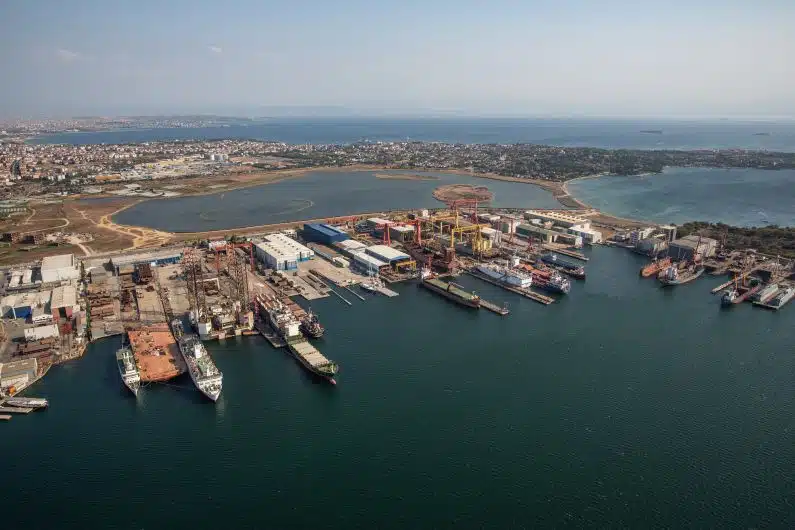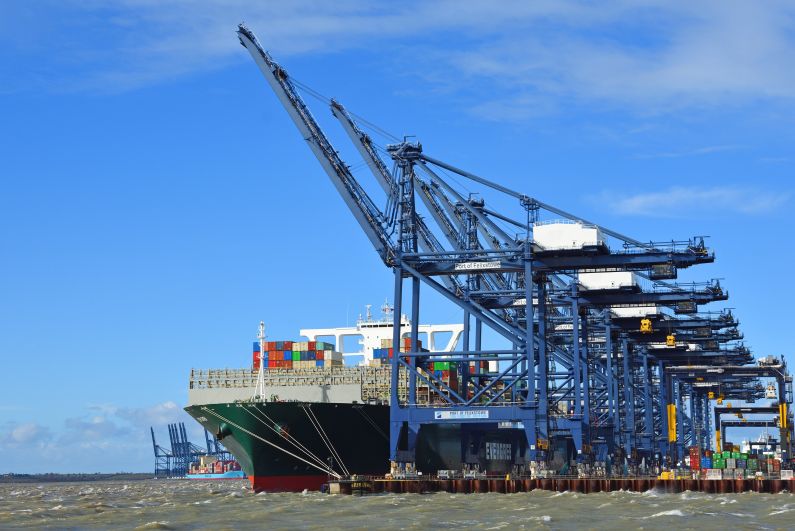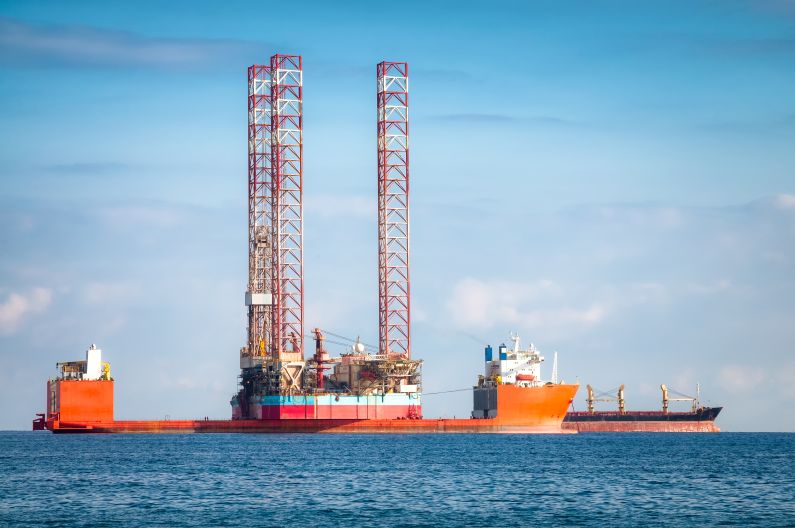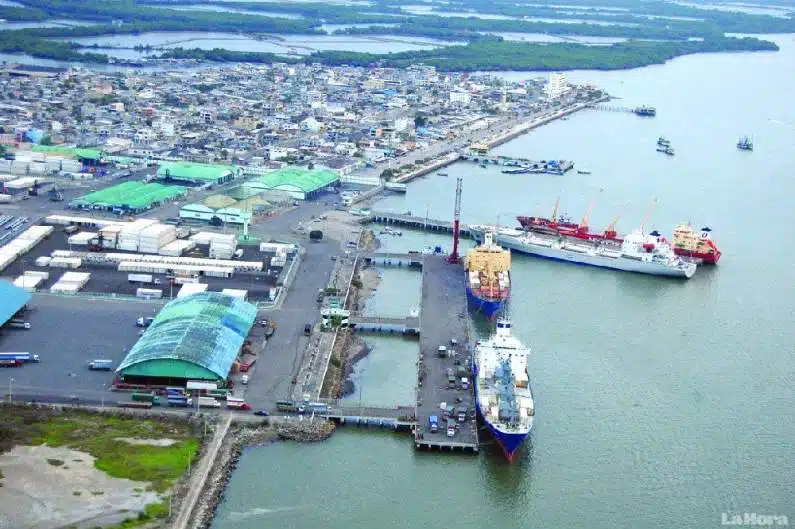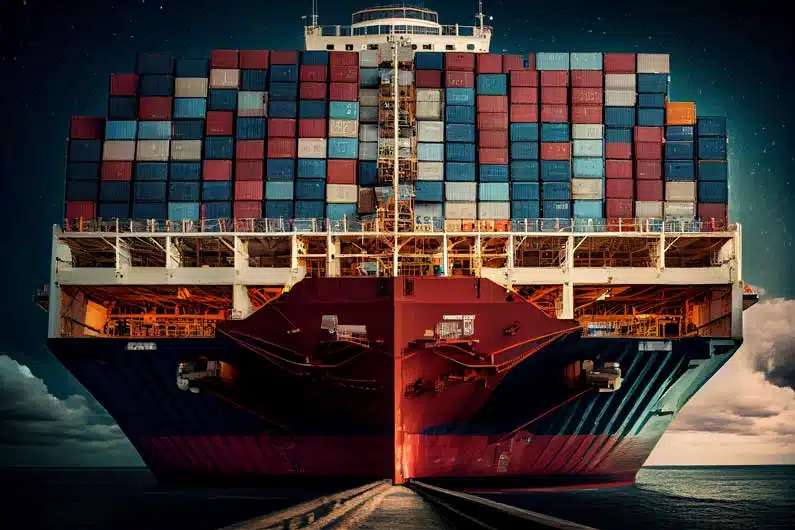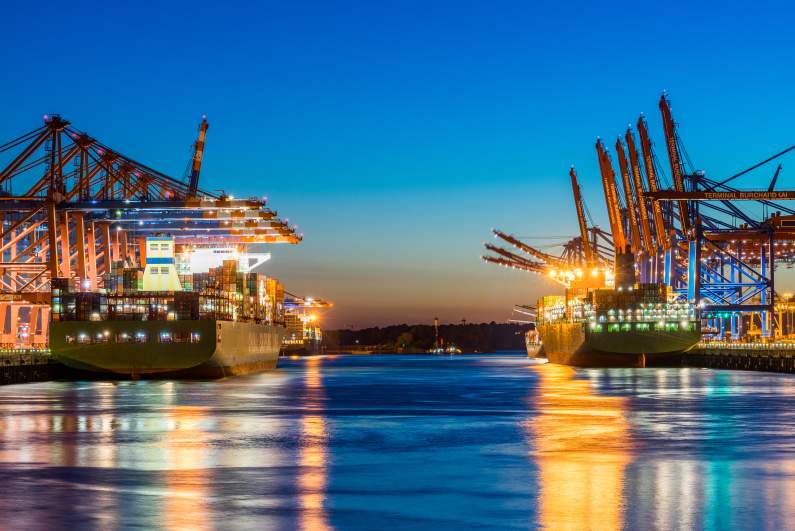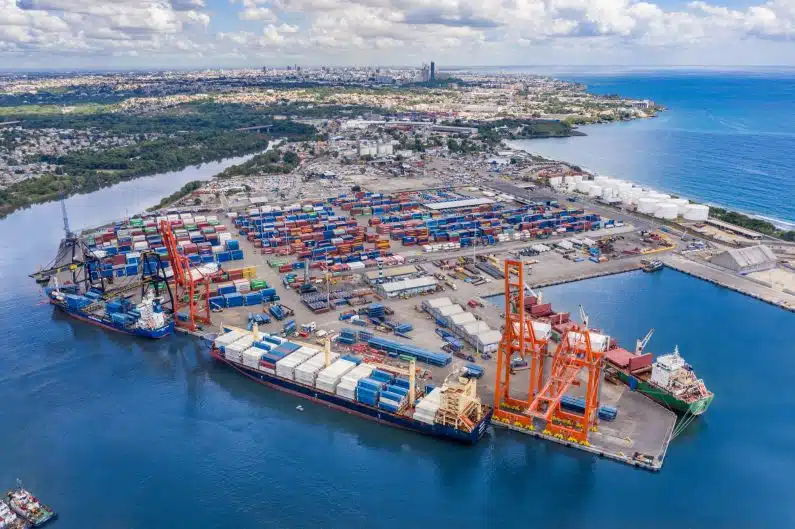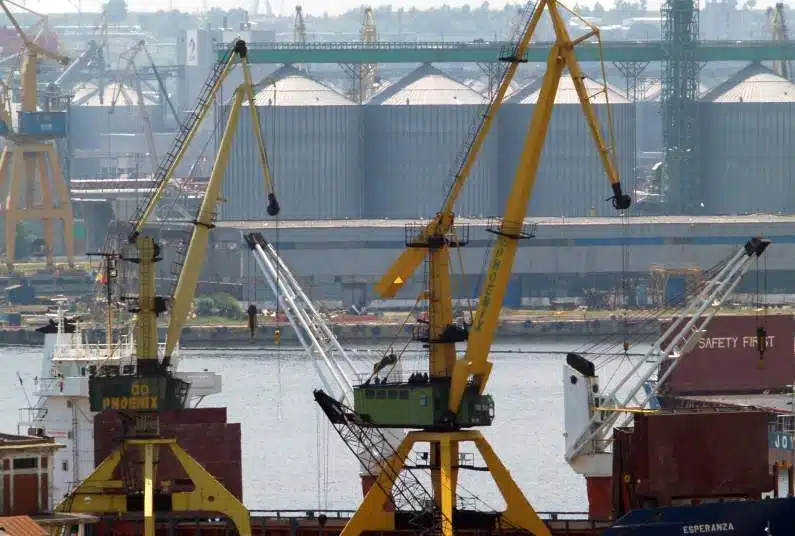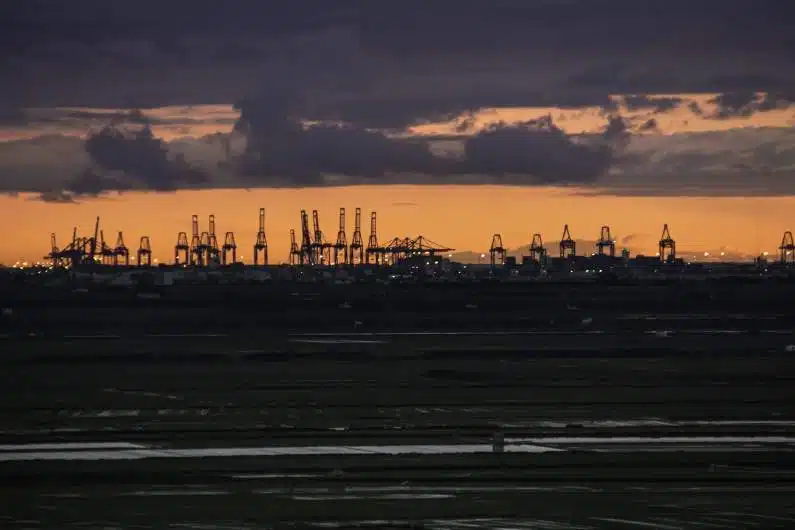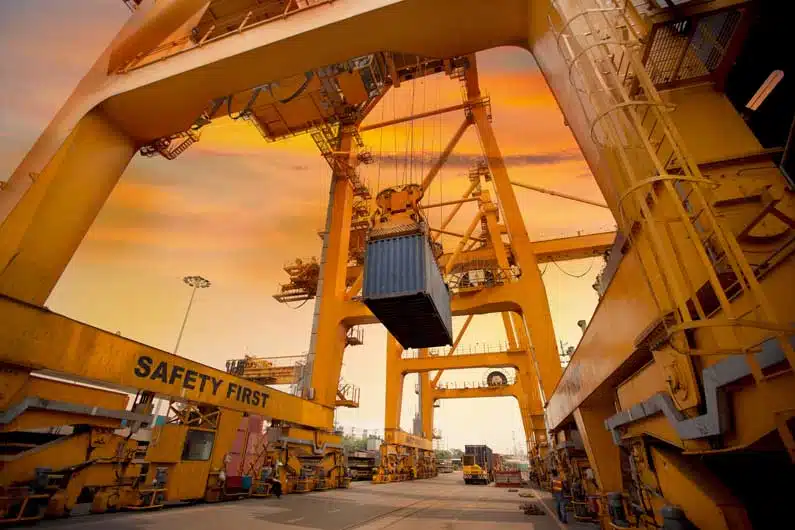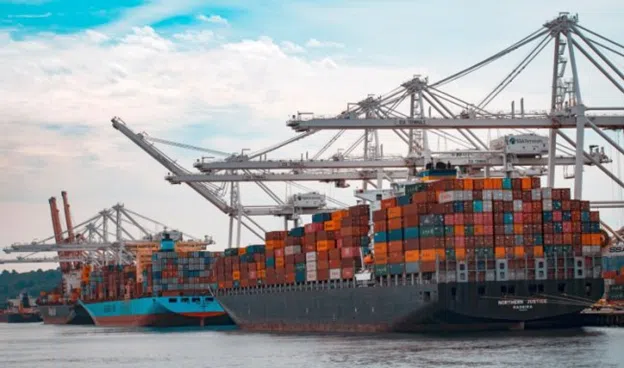When looking to expand your business’s shipments internationally, Greece presents an intriguing destination, characterized by its strategic location and significant maritime history.
This guide explores the nuances of shipping to Greece, emphasizing the importance of understanding the various facets of the process—from packaging to pricing and everything in between.
We will also explore the exciting new discovery of gas deposits found off the coast of Crete and how to faciliate shipping your heavy gas and oil eqipment to the Aegean quickly and safely.
Understanding the Shipping Process
Shipping to Greece from the USA begins with proper preparation to ensure your items arrive safely.
It’s crucial to use robust packaging materials suitable for long-distance travel. Clearly labeling each package and container with handling instructions and destination details can also mitigate risks of mishandling.
Selecting the Shipping Method
Choosing how to send your heavy machinery—via air, sea, or land—depends on various factors, including cost, time, and the nature of the items shipped.
Air freight might be the fastest, but also the most expensive.
Sea freight offers larger volume handling at lower costs but takes longer.
Understanding these trade-offs is essential for making informed decisions.
Cost-Effective Shipping to Greece
The cost of shipping can vary widely.
Sending a standard container might have a flat rate, but prices fluctuate based on dimensions, weight, and the value of the contents.
Understanding Shipping Rates to Greece
Shipping rates are influenced by the chosen shipping method, seasonality, and fuel costs, among other factors.
Engaging in negotiations with shipping companies or opting for consolidated shipments can lead to significant savings, especially for regular shippers.
Heavy Item Shipping To Greece: Oil and Gas Production Advances into the Aegean Sea
The discovery of new oil and gas reserves in Crete has significantly heightened the importance of efficient logistics and shipping heavy equipment to the region.
Shipping large and heavy items, such as drilling and extraction machinery, to Crete requires meticulous planning and coordination. Companies must ensure that they use robust packaging and secure loading techniques to prevent damage during sea transit, which is often the most viable option due to the weight and size of the equipment.
Additionally, collaborating with experienced freight forwarders who specialize in heavy-lift shipping can streamline customs clearance and handle the logistical challenges of navigating the mountainous terrain and limited infrastructure of the island.
This approach not only ensures safe and timely delivery but also supports the expanding energy sector’s demands in Crete.
Freight Shipping to Greece
Shipping to Greece is the optimal choice for transporting heavy or bulky items that are impractical for standard shipping methods. This process typically involves several key steps, each critical for ensuring the timely and safe delivery of goods.
Selection of a Freight Forwarder: The first step in planning a freight shipment is selecting a reliable freight forwarder with extensive experience in international logistics.
The right forwarder acts as an intermediary between the shipper and transportation services, helping to negotiate costs and handle the logistics of shipping. An experienced forwarder is particularly valuable in navigating the intricacies of Greek shipping routes and regional logistics networks.
Route Planning: Effective route planning is crucial, especially given Greece’s geographical diversity and the distribution of its many islands. Freight forwarders must consider factors such as transit times, the cost-effectiveness of different routes, and the reliability of shipping methods.
Whether the cargo is transported via sea, air, or through a combination of modalities (multimodal transport), each route option must be evaluated for efficiency and risk.
Customs Clearance: Handling customs clearance is another critical aspect where the freight forwarder’s expertise is indispensable.
They must ensure that all necessary documentation, such as bills of lading, commercial invoices, and packing lists, are correctly prepared and compliant with both international regulations and specific Greek customs requirements.
This helps to avoid delays and additional costs that can arise from customs holds or inspections.
Handling and Security: For heavy and bulky items, securing the cargo for transit is essential to prevent damage. Freight forwarders coordinate with shipping companies to ensure that items are properly stowed, secured, and handled during loading and unloading.
They also advise on the best packing practices tailored to the cargo’s nature, enhancing its protection throughout the journey.
Insurance: Given the value and risks associated with freight shipping, securing comprehensive cargo insurance coverage is crucial. This protects against potential losses from damage or theft during transit.
A seasoned freight forwarder, like Texas International Freight, can guide you throughout the process.
By focusing on these critical areas, freight shipping to Greece can be executed smoothly, ensuring that heavy and bulky shipments arrive safely and efficiently at their destination.
Optimizing Shipping Strategies to Greece
Shipping to Greece from USA and back, and particularly handling specialized freight for oil and gas logistics and equipment to Crete, involves a series of strategic decisions and a deep understanding of international logistics and local conditions.
Navigating these challenges requires staying informed about the latest regulations, market conditions, and technological advancements in logistics and transportation.
Whether dealing with small parcels or large, complex freight, the key to successful shipping operations lies in meticulous planning, expert collaboration, and continual adaptation to the dynamic shipping environment.
This proactive approach ensures the efficient and safe delivery of goods, supporting broader business operations and contributing to economic growth in sectors like oil and gas, which are vital to Greece’s future.



